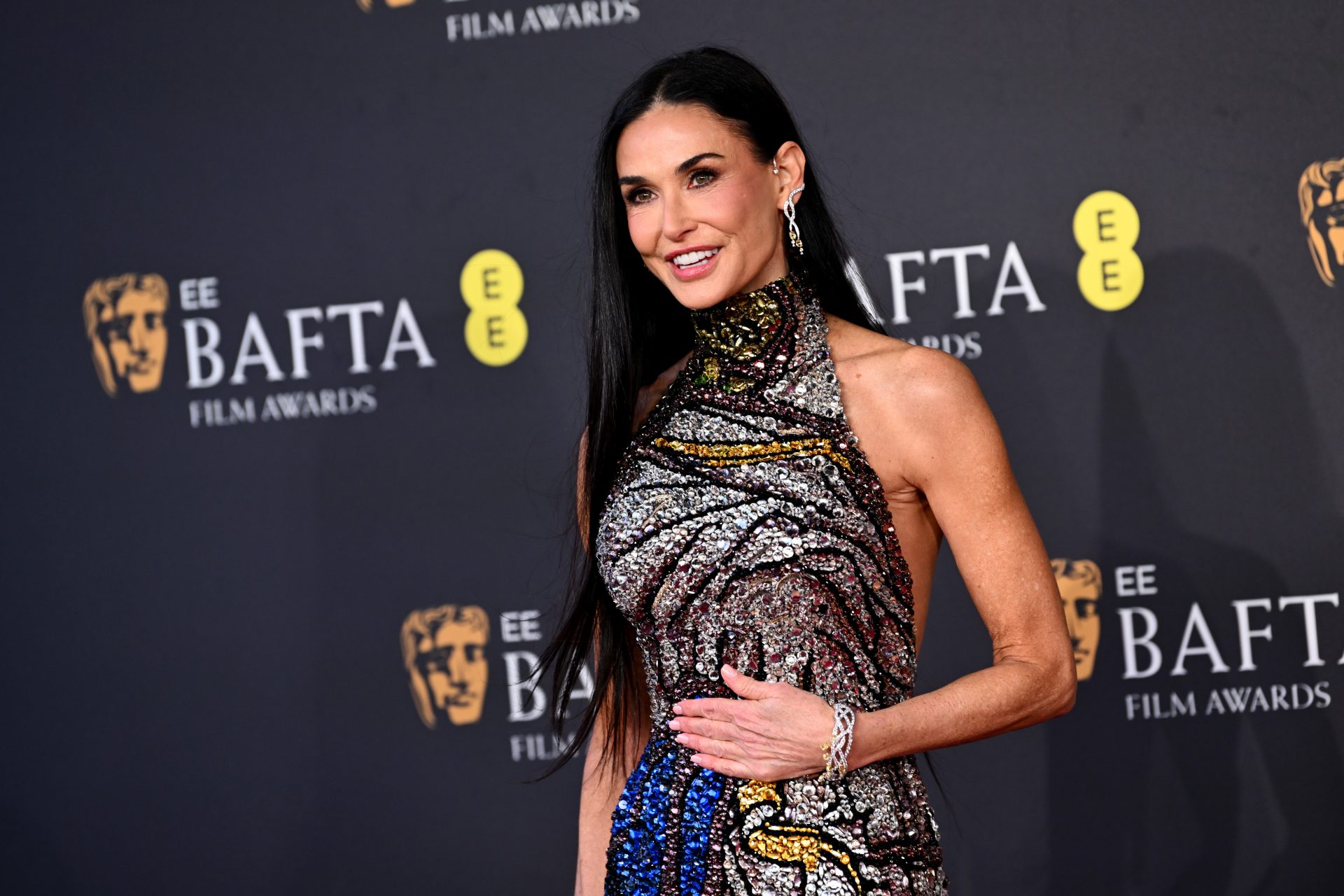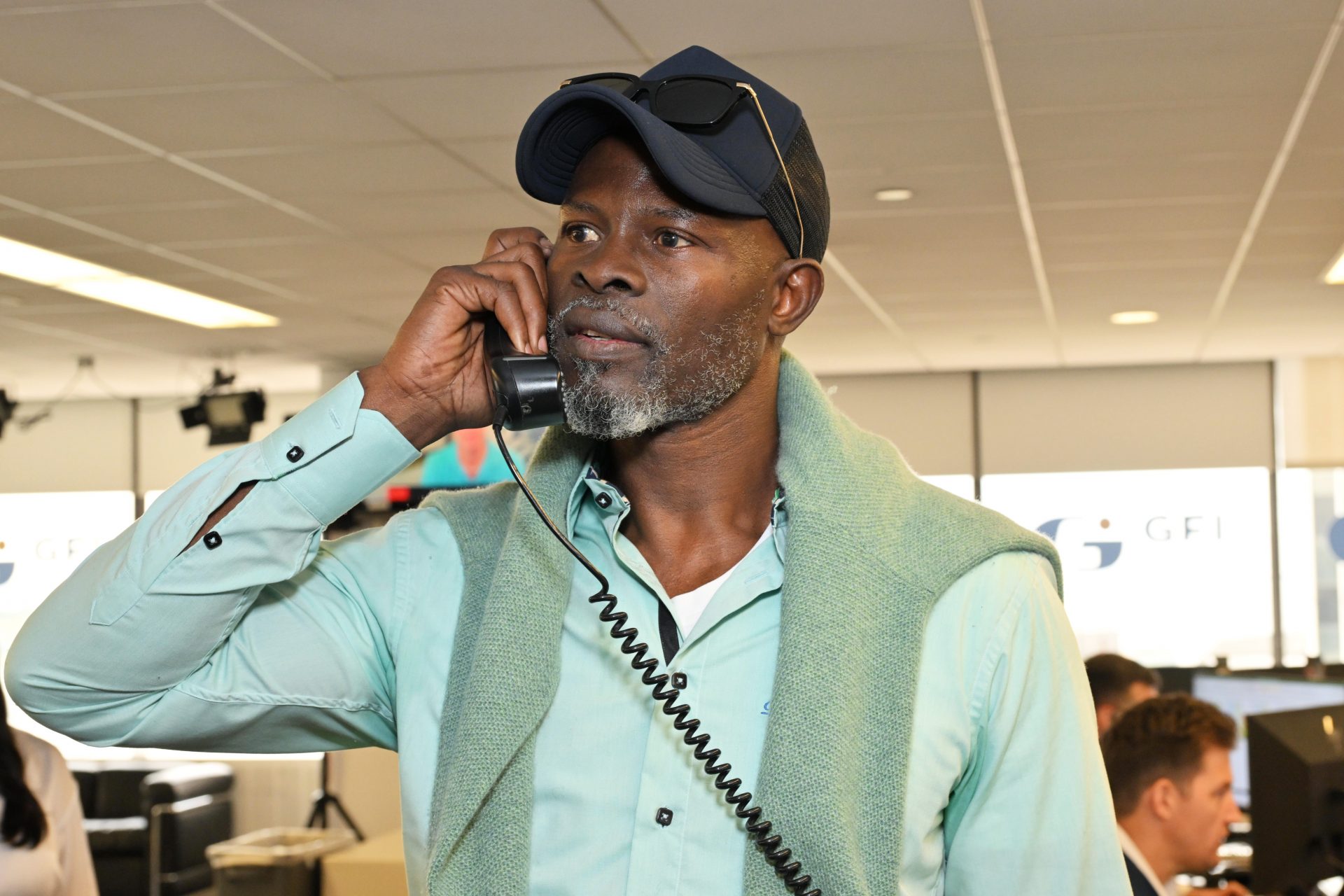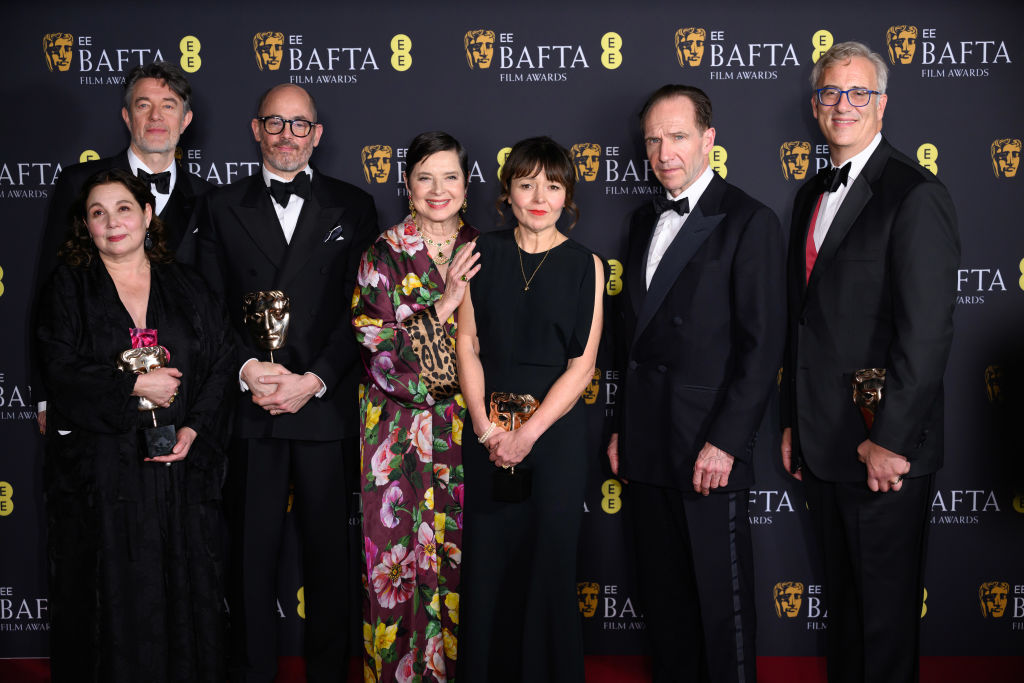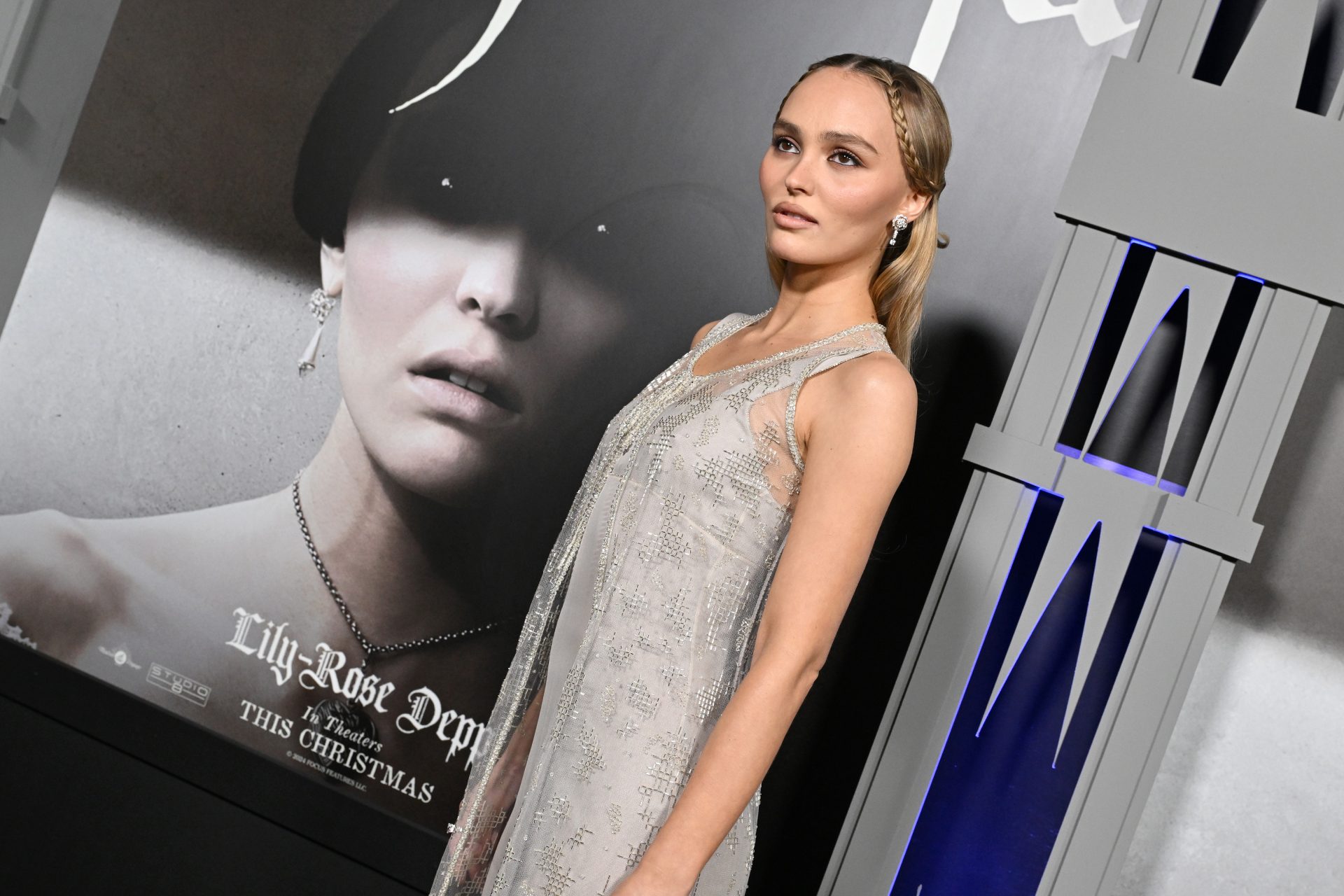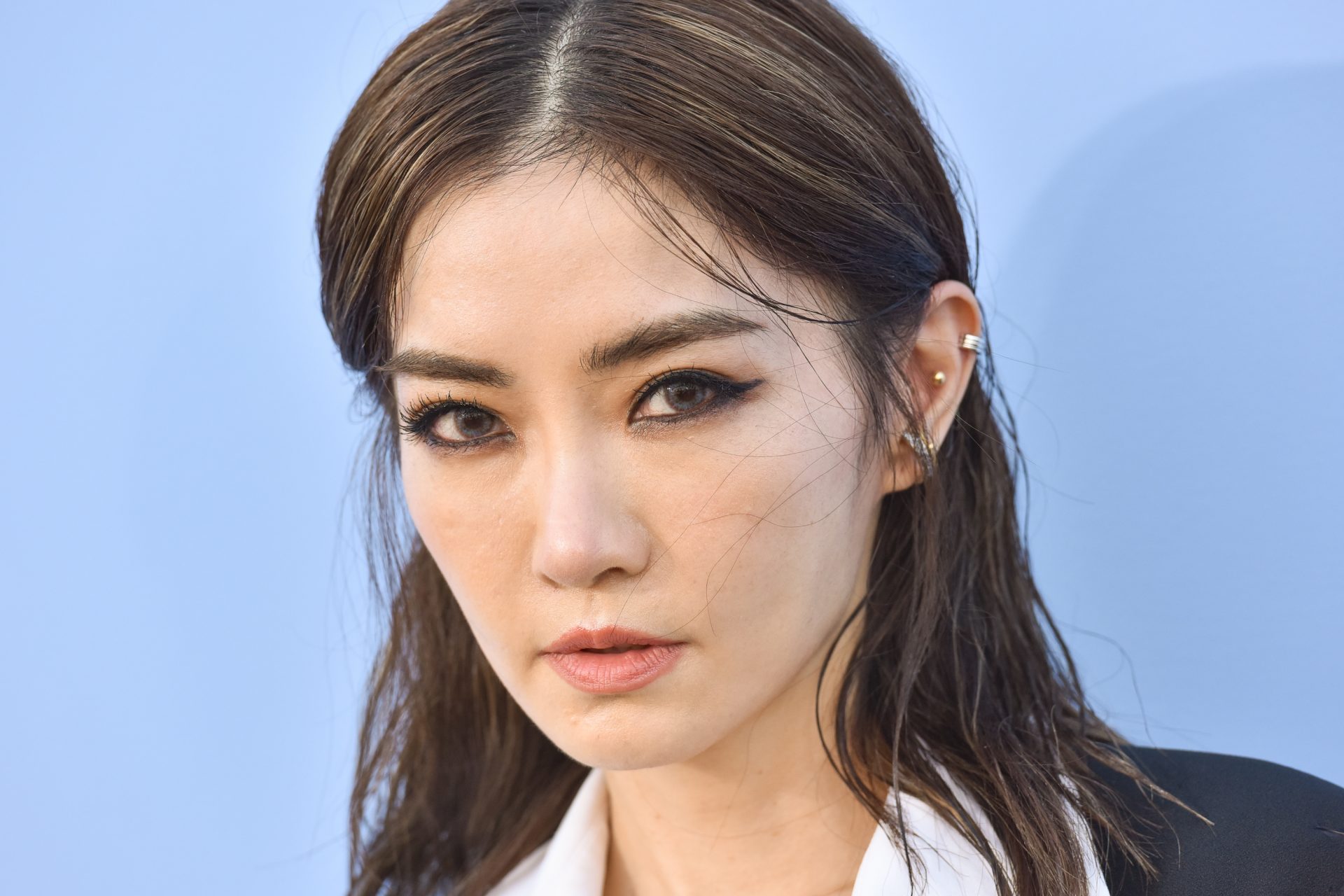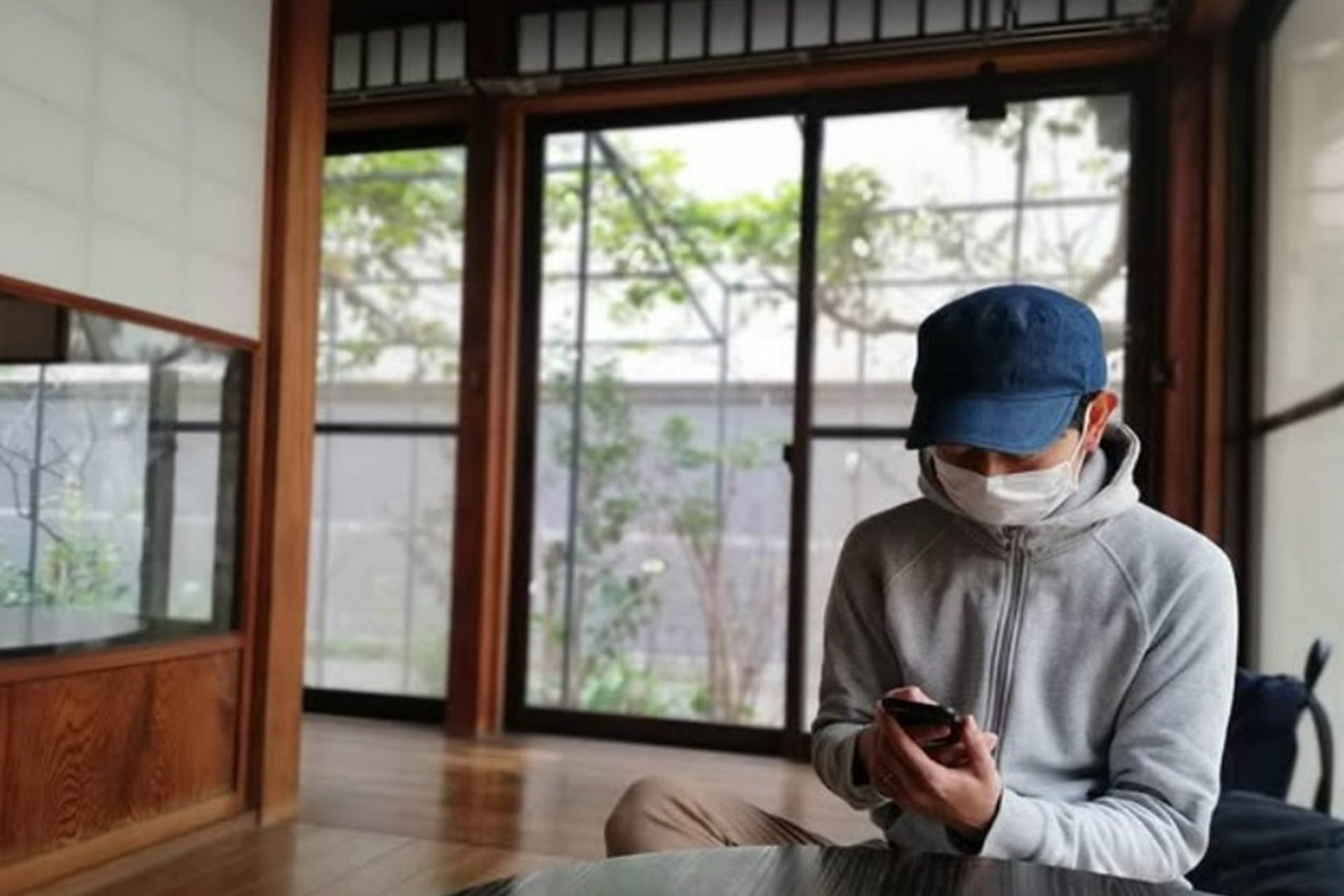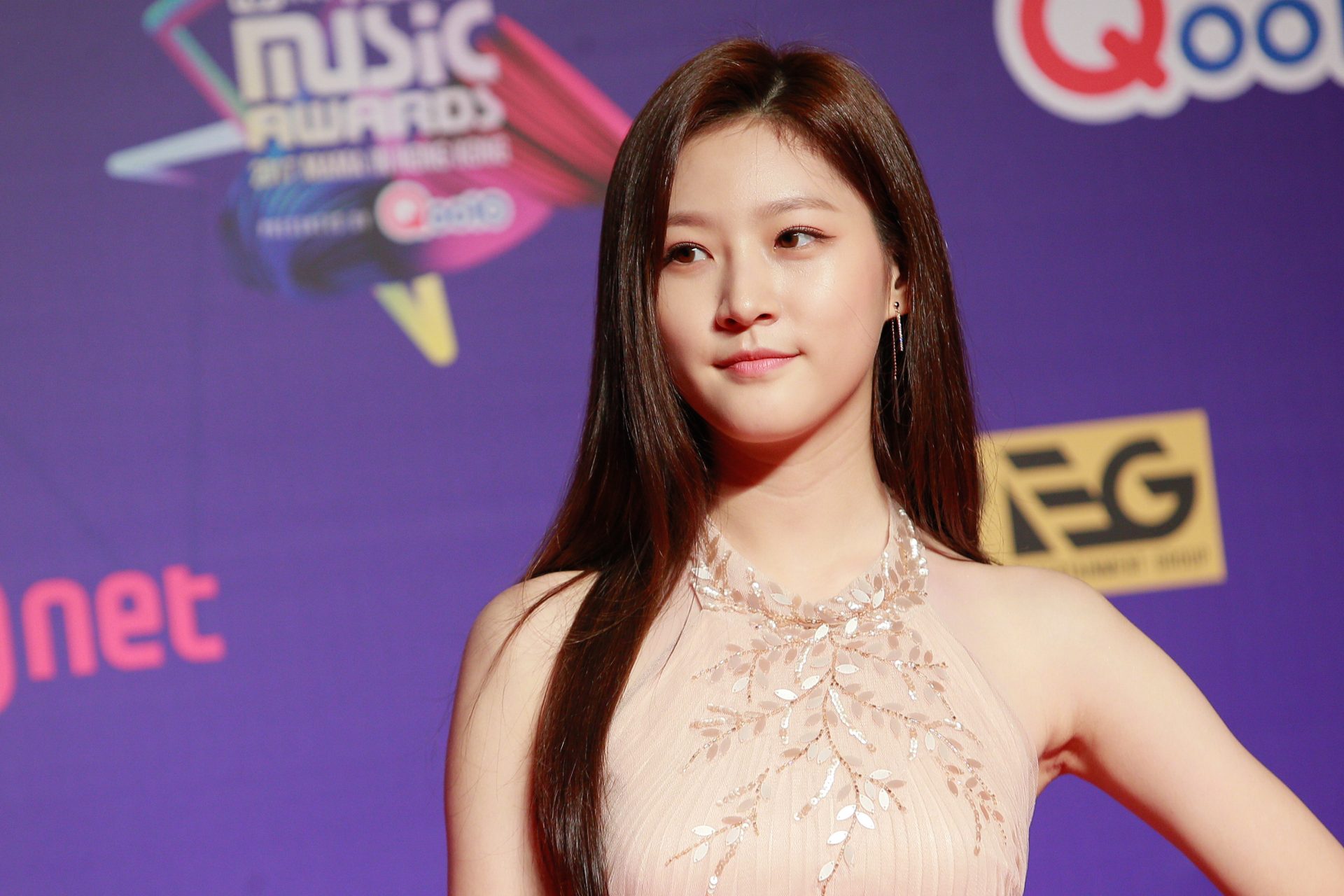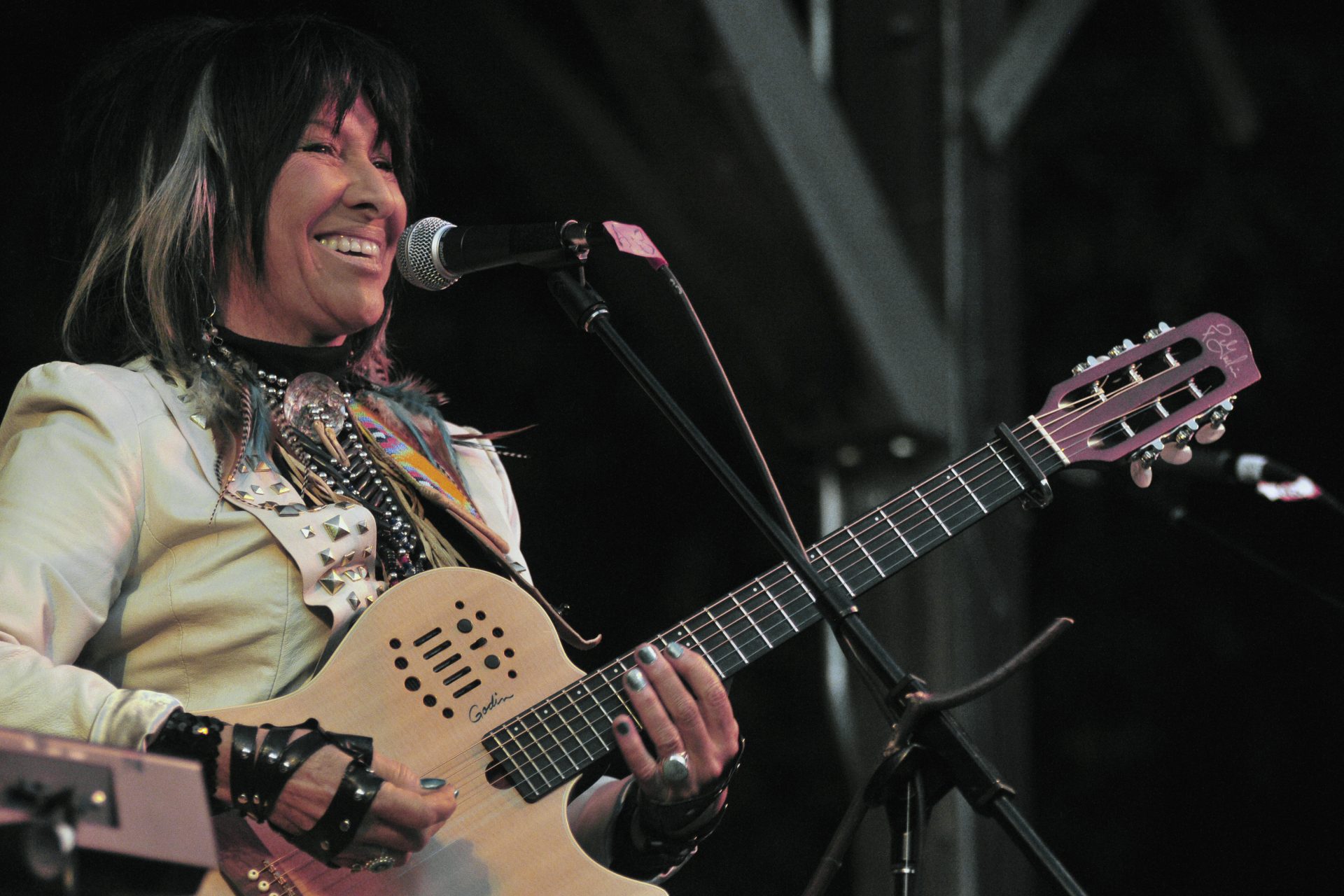Photos: Sophia Hadjipantel, founder of the unibrow movement to promote diversity
Model Sophia Hadjipanteli made a lot of noise at the recent edition of the Cannes Film Festival. She attracted the attention of all photographers as she paraded next to Leonardo DiCaprio to the premiere of Martin Scorsese's 'Killers Of The Flower Moon'.
Strikingly, her particular beauty is characterized by thick, connected eyebrows; a look that challenges traditional aesthetic ideals.
In response to criticism of her appearance, Hadjipanteli initiated the #UnibrowMovement. It is meant to reclaim inclusive beauty against the standard that promotes thin, defined eyebrows as an aesthetic ideal.
The Greek Cypriot-born model has said on multiple occasions that her family and culture inspired her to embrace the unibrow as her signature trait. She affectionately nicknamed it 'Veronica.'
Clearly, Sophia Hadjipanteli has chosen to embrace her signature quivering brows, and she encourages others to do the same. Here's what he told Harpers Bazaar in an interview a few years ago: "I am doing it to show people that they can get on with their lives by following their preferences."
She continued: "I personally think my face looks better this way. Others disagree, and that’s totally cool. I am not trying to get anyone on the unibrow bandwagon. If I like this, just let me like this."
Sophia Hadjipanteli's intentions are therefore quite clear, namely the desire to promote the acceptance of different forms of beauty and the celebration of individuality, without letting oneself be influenced by the judgments of others.
To give voice to the unibrow movement, Sophia Hadjipanteli has used her social platforms. Obviously, though, users haven't spared her from their comments which are often negative.
As she herself told Harpers Bazaar, among the comments that were difficult to swallow were phrases like "You're beautiful and an inspiration, but you'd be better looking without those eyebrows."
Many criticisms also aim at her make-up style, which they consider "too colorful." Her response to them: "I wear makeup because it is fun. I have a unibrow because it is a preference. I wear makeup and have a unibrow because it is what I like. Don't put me in a bubble," she told Harpers Bazaar.
Her clear and direct answers don't try to create conflict or divide people but rather to encourage conversations, as she said in an interview with Vanity Fair Italy. "Most people don't understand why I defend something that society taught us to remove and hate. The only way to deal with criticism is to defy it: by doing so, you don't create conflicts but conversations."
But who is this remarkable young girl anyway?
Sophia Hadjipanteli was born on May 25, 1996, in Cyprus. She graduated in marketing at the University of Maryland, USA, where she'd moved at a young age with her entire family. During her studies, she started working as a model for brands like Hugo Boss and Guess.
In 2017, Sophia Hadjipanteli, tired of her blonde eyebrows, decided to dye them black, following a tutorial found on YouTube. This was the first step towards the movement she would later found.
She initially gained public attention in the UK when she made her first fashion show appearance during London Fashion Week in 2020.
By now, Sophia Hadjipanteli has had the opportunity to appear in more than 50 internationally renowned publications, including Vogue, Elle, Harper's Bazaar, The New York Times, and Vanity Fair.
She is not just a model but also an activist and influencer who has more than 500,000 followers on her Instagram profile, @sophiahadjipanteli.
Regarding the future and the possibility of changing her look, the young model told Harpers Bazaar: "I want to be sure that I am not defined by the way I look right now. I see [my unibrow] like it's winged eyeliner or red lipstick. In five years, I might look back and think, 'That was a cool phase!'"
"But until people start to accept others for this specific feature on their face, I won't feel ready to move on from it," she says.
Her clear message, determination, and passion to communicate will certainly continue to be a great support in promoting a positive body image.
Her words to Vanity Fair Italy: "I want to make it clear to as many people as possible that the favorite version of yourself is much more rewarding than what everyone else wants you to be". And we can only agree.






















